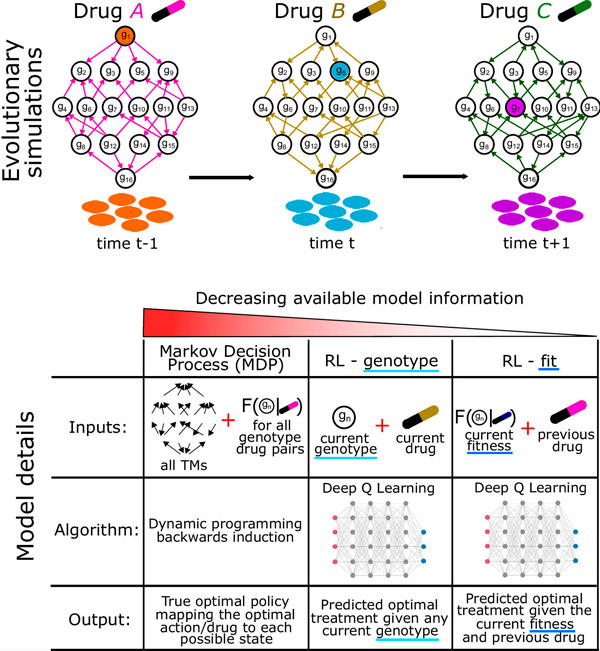Artificial intelligence could develop treatments to prevent 'superbugs'
最近審查:14.06.2024

Researchers at the Cleveland Clinic have developed an artificial intelligence (AI) model that can determine the best combination and timing for prescribing drugs to treat a bacterial infection based solely on the rate of bacterial growth under certain exposures. A team led by Dr. Jacob Scott and his laboratory in the Theoretical Division of Translational Hematology and Oncology recently published their results in the Proceedings of the National Academy of Sciences.
Antibiotics are credited with increasing life expectancy in the United States by nearly a decade. The treatment reduced the death rate from health problems we now consider minor, such as some cuts and injuries. However, antibiotics no longer work as well as they once did, partly due to their widespread use.
“Global health organizations agree that we are entering a post-antibiotic era,” explains Dr. Scott. “If we don't change the way we fight bacteria, by 2050 more people will die from antibiotic-resistant infections than from cancer.”
Bacteria multiply rapidly, producing mutant offspring. Overuse of antibiotics gives bacteria the opportunity to develop mutations that are resistant to treatment. Over time, antibiotics kill all susceptible bacteria, leaving only stronger mutants that antibiotics cannot destroy.
One strategy doctors are using to modernize the treatment of bacterial infections is called antibiotic rotation. Health care providers alternate between different antibiotics over specific periods of time. Switching between different drugs gives bacteria less time to develop resistance to any one class of antibiotic. Rotation may even make bacteria more susceptible to other antibiotics.
“Drug rotation shows promise in effectively treating disease,” says study first author and medical student Davis Weaver, Ph.D. “The problem is we don't know the best way to do it. There are no standards for what antibiotic to give, for how long and in what order.”
Study co-author Dr. Jeff Maltas, a postdoctoral researcher at the Cleveland Clinic, uses computer models to predict how bacteria's resistance to one antibiotic makes them weaker to another. He teamed up with Dr. Weaver to explore whether data-driven models could predict drug rotation patterns that minimize antibiotic resistance and maximize antibiotic susceptibility, despite the random nature of bacterial evolution.
Dr. Weaver led the application of reinforcement learning to the drug rotation model, which teaches a computer to learn from its mistakes and successes to determine the best strategy to complete a task. According to Drs. Weaver and Maltas, this study is one of the first to apply reinforcement learning to antibiotic rotation regimens.

Schematic evolutionary simulation and tested optimization approaches. Source: Proceedings of the National Academy of Sciences (2024). DOI: 10.1073/pnas.2303165121
“Reinforcement learning is an ideal approach because you only need to know how fast the bacteria grow, which is relatively easy to determine,” explains Dr. Weaver. “There is also room for variation and human error. There is no need to measure the growth rate down to the millisecond every time.”
The research team's AI was able to figure out the most effective antibiotic rotation plans to treat multiple strains of E. Coli and prevent drug resistance. The study shows that AI can support complex decision-making, such as calculating antibiotic treatment schedules, Dr. Maltas says.
Dr. Weaver explains that in addition to managing an individual patient's infection, the team's AI model can inform how hospitals treat infections as a whole. He and his research team are also working to expand their work beyond bacterial infections to other deadly diseases.
“This idea is not limited to bacteria, but can be applied to anything that can develop resistance to treatment,” he says. “In the future, we believe these types of AI could be used to manage treatment-resistant cancers.”

